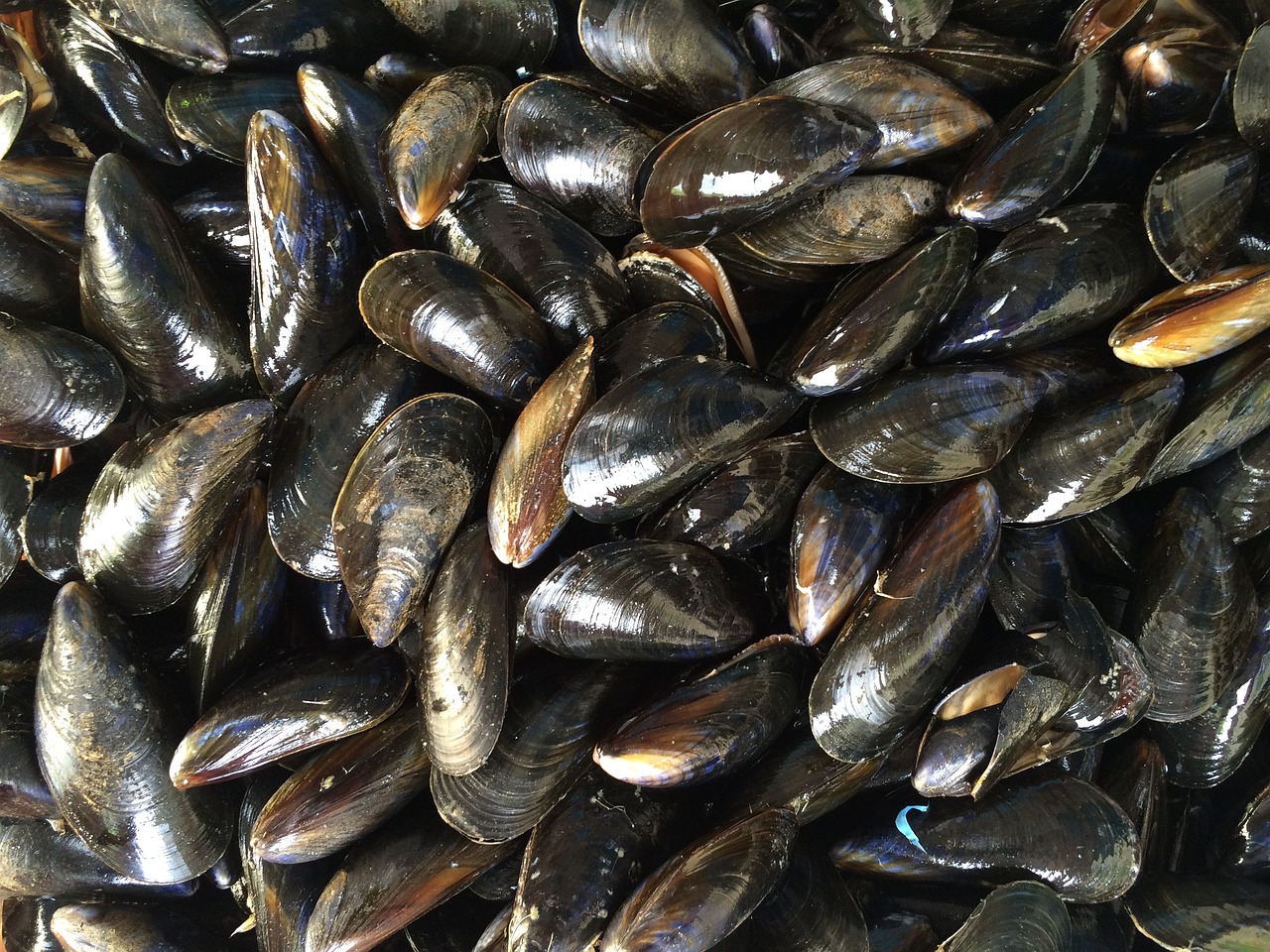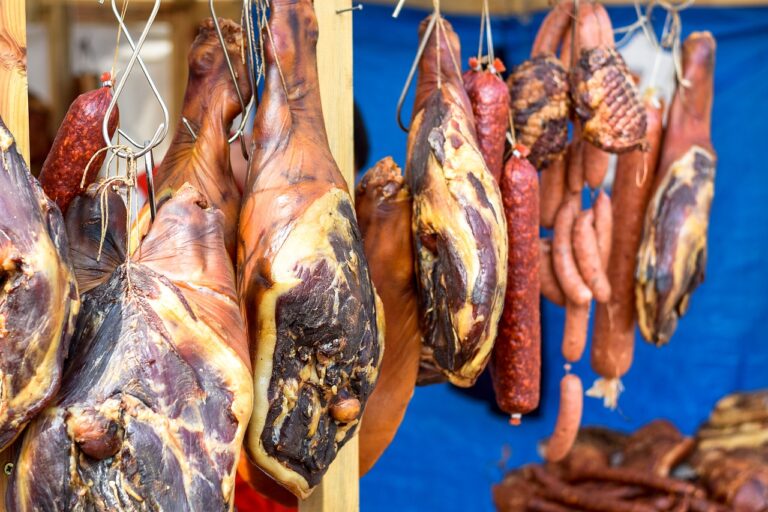Cultured Meat: A Promising Future or a Fad?: 11 x play login, India24bet, Skyfairs signup
11 x play login, india24bet, Skyfairs Signup: In recent years, the concept of cultured meat has gained significant attention in the food industry. Also known as lab-grown meat or cell-based meat, this innovative approach involves producing meat products from animal cells in a laboratory setting, rather than raising and slaughtering animals for consumption. Proponents of cultured meat tout its potential to revolutionize the way we produce and consume meat, offering a more sustainable and ethical alternative to traditional animal agriculture. But is cultured meat truly the future of food, or is it just a passing fad?
The Promise of Cultured Meat
One of the primary arguments in favor of cultured meat is its potential to address some of the most pressing challenges facing the meat industry today. The current methods of animal agriculture are incredibly resource-intensive, requiring vast amounts of land, water, and feed to raise livestock. This not only contributes to deforestation, water scarcity, and greenhouse gas emissions but also raises concerns about animal welfare and the spread of infectious diseases.
Cultured meat, on the other hand, has the potential to significantly reduce the environmental impact of meat production. By growing meat in a controlled environment, scientists can optimize the process to use less land, water, and feed, and produce fewer greenhouse gas emissions. Additionally, cultured meat eliminates the need to raise and slaughter animals, thereby addressing ethical concerns about animal welfare and reducing the risk of zoonotic diseases.
Furthermore, cultured meat offers the possibility of creating new and exciting culinary experiences. Scientists can tailor the flavor, texture, and nutritional content of cultured meat products to meet consumer preferences, opening up a world of possibilities for innovative and sustainable food choices.
The Challenges of Cultured Meat
Despite its many potential benefits, cultured meat still faces several significant challenges that must be overcome before it can become a mainstream food option. One of the biggest hurdles is the high cost of production. Currently, the process of growing meat in a laboratory is expensive and inefficient, making cultured meat products significantly more costly than traditional animal-based alternatives.
Another challenge is consumer acceptance. While some people are excited about the potential of cultured meat, others are hesitant to embrace this new technology. Concerns about the safety, taste, and long-term health effects of cultured meat products have led to skepticism among some consumers, making it difficult for cultured meat to gain widespread adoption.
Regulatory approval is another barrier to the widespread adoption of cultured meat. As a novel food product, cultured meat must undergo rigorous testing and evaluation to ensure its safety, quality, and nutritional value. This process can be time-consuming and expensive, further delaying the commercialization of cultured meat products.
The Future of Cultured Meat: A Promising Trend or a Passing Fad?
So, is cultured meat the future of food, or is it just a passing fad? The answer to this question is not yet clear. While cultured meat shows great promise as a sustainable, ethical, and innovative alternative to traditional animal agriculture, it still faces significant challenges that must be addressed before it can become a mainstream food option.
The success of cultured meat will depend on a variety of factors, including technological advancements, regulatory approval, consumer acceptance, and market demand. If these challenges can be overcome, cultured meat has the potential to revolutionize the way we produce and consume meat, offering a more sustainable and ethical alternative to traditional animal agriculture.
FAQs
1. Is cultured meat safe to eat?
Yes, cultured meat is produced using the same basic principles as traditional animal agriculture, so it is considered safe to eat. Additionally, cultured meat products undergo rigorous testing and evaluation to ensure their safety, quality, and nutritional value.
2. How does cultured meat compare to traditional animal-based meat?
Cultured meat offers several potential benefits compared to traditional animal-based meat, including a reduced environmental impact, improved animal welfare, and the ability to customize flavor, texture, and nutritional content.
3. Will cultured meat replace traditional animal agriculture?
While cultured meat has the potential to significantly reduce the environmental impact of meat production, it is unlikely to completely replace traditional animal agriculture. Cultured meat may coexist with traditional meat production methods, offering consumers a wider range of food choices.
4. When will cultured meat be available for purchase?
Cultured meat products are still in the early stages of development, so it may be several years before they are widely available for purchase. However, several companies are actively working to commercialize cultured meat products, so it is possible that we may see them on the market in the near future.







